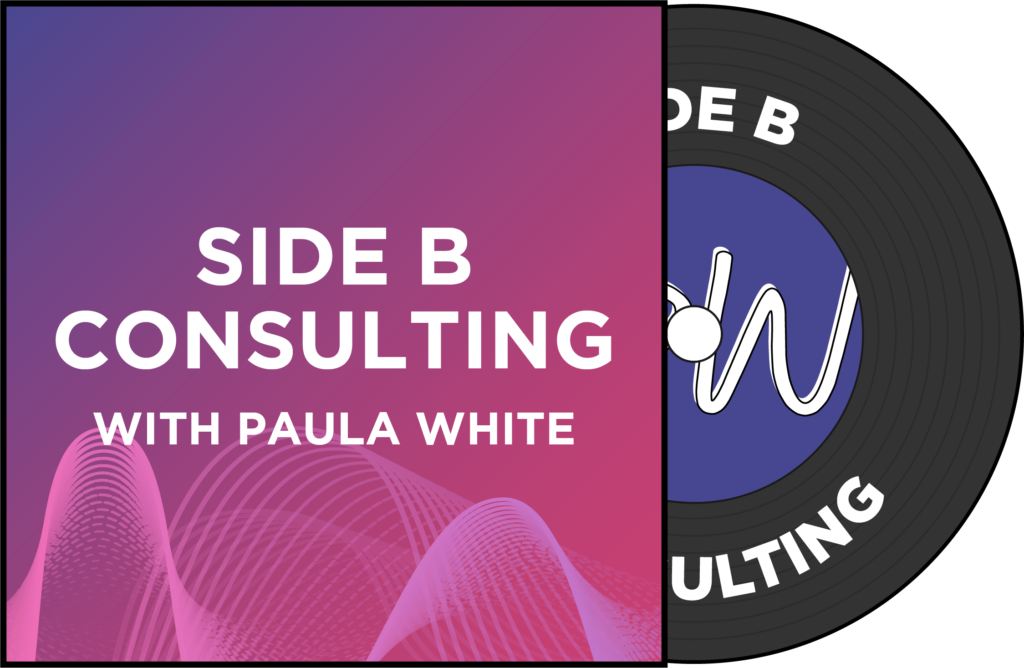September 25, 2024
We are a species of storytellers. Our stories connect us, weaving threads between our personal and professional lives, crafting the fabric of relationships, ideas, and progress. Yet, today, we rarely take the time to listen to these stories. We’re too focused on efficiency, on trimming the fat of our conversations, driven by a relentless pursuit of being “effective.”
But efficiency isn’t always synonymous with effectiveness.
In business, just like in music, we selectively turn up the volume on the conversations we want to hear—the ones that align with our personal interests, our comfort zones, or our current objectives. The rest? We turn down. We silence them, thinking that by shutting out the “noise,” we are being more productive. But are we really?
Consider this: *The average employee miscommunicates or tunes out essential information for 25% of their workday, costing businesses billions in project delays, lost revenue, and attrition.
We hear what we want to hear, and then we wonder why innovation stalls, projects run over budget, or why the people around us feel disconnected. The truth is, not everything that is efficient is effective—and not everything that is effective is efficient.
We want growth. But how do we expect to grow in business when we aren’t growing in the essential skills and mindsets that drive it—like listening?
Listening isn’t just about hearing the parts that interest us. It’s about showing up for the hard stuff, the boring stuff, and the stuff that doesn’t fit neatly into our pre-defined boxes. It’s about doing the work. And yes, sometimes that means letting the “songs” play that we didn’t choose—because those are often the ones that challenge us the most, the ones that push us to grow.
So the next time you’re tempted to turn down the volume on someone’s story, ask yourself: What might I be missing? Could that conversation, that idea, that moment of discomfort be the seed of something bigger?
Because growth doesn’t come from choosing what’s easy. It comes from leaning into what’s hard. Let’s turn the volume up on all of it.
For organizations looking to address these issues, my Conscious Listening: Breaking the Silence That Holds Us Back workshops offer a powerful solution. This workshop encourages a mindset shift toward conscious listening, helping leaders and employees alike to improve their communication and build trust to ultimately connect and collaborate better. By focusing on these essential skills, businesses can eliminate the costly effects of poor communication and create a culture where everyone finds joy in what they are doing.
Paula S. White
www.paulaswhite.com
* Here are a few key statistics that support the significant impact of miscommunication on business performance:
- Cost to Businesses: Miscommunication costs U.S. businesses between $4,000 and $6,000 per employee annually. For a company of 100 employees, that translates to a loss of approximately $400,000 per year Business of Story Emergenetics Larger companies experience much more significant financial losses, with organizations of 100,000 employees losing an estimated $62.4 million annually Emergenetics
- Time Lost: A study found that poor communication costs employees about 7.47 hours of work per week, adding up to nearly a full workday Business of Story
- Impact on Productivity and Innovation: Miscommunication not only hinders efficiency but also erodes trust and innovation. As employees struggle to collaborate effectively, projects slow down, and trust breaks down, leading to reduced creativity and fewer shared ideas Emergenetics


